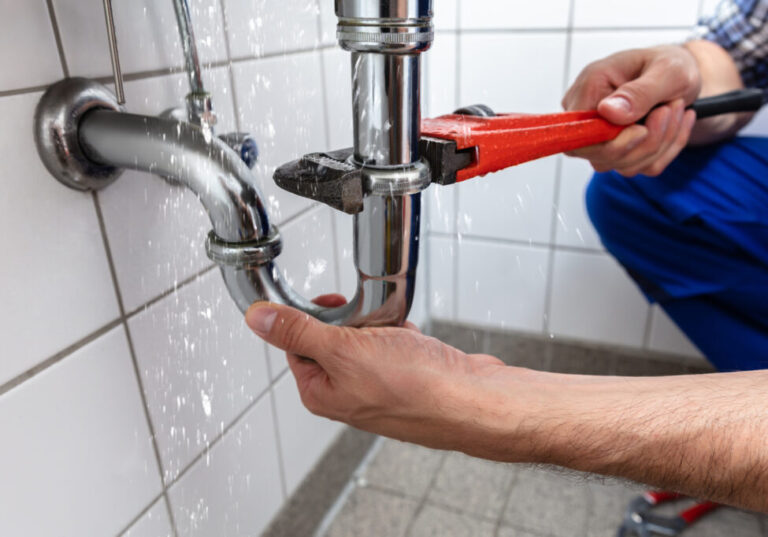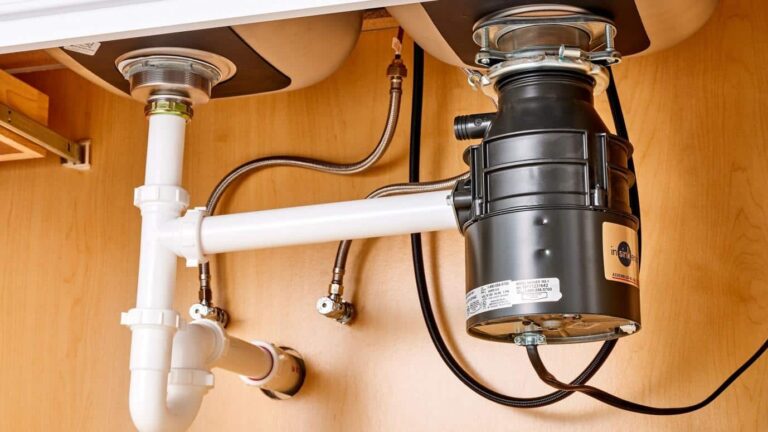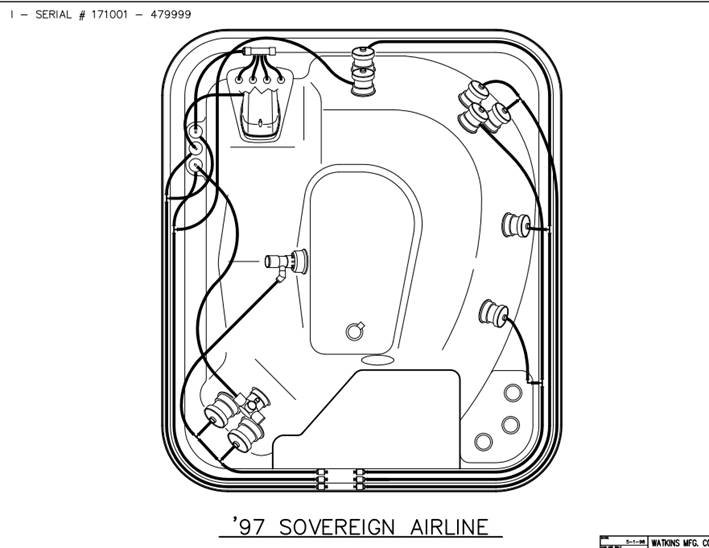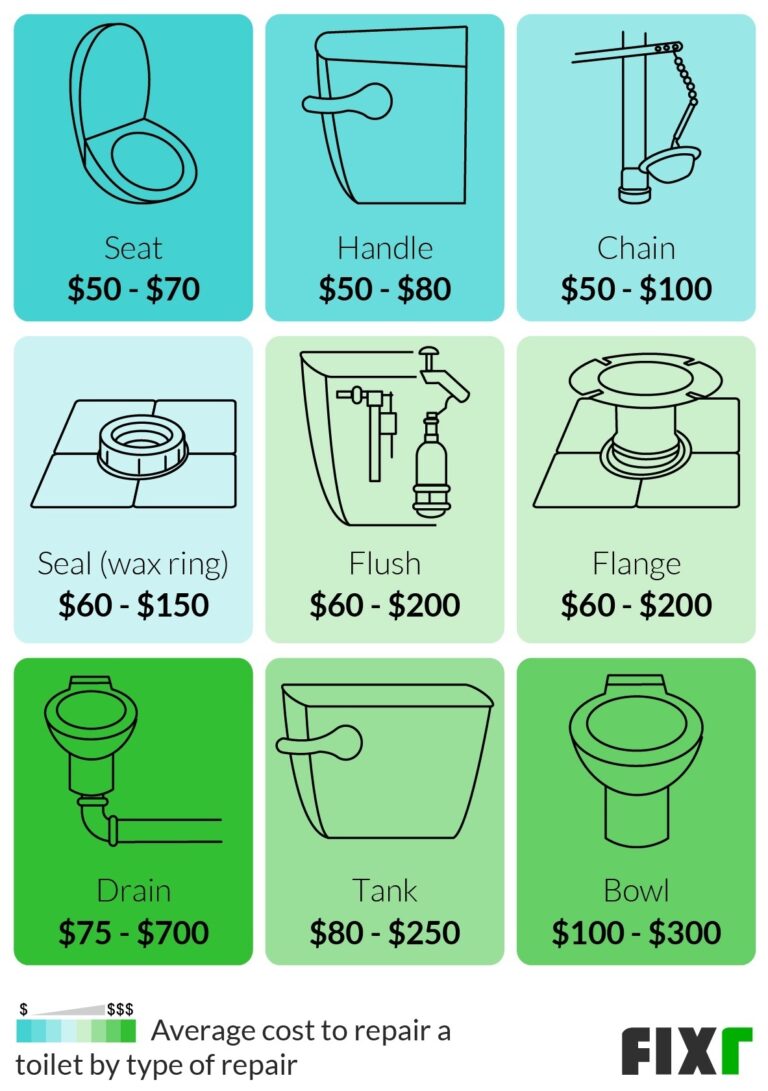What Is The Hardest Part Of Being A Plumber?
The hardest part of being a plumber is the physical demands of the job. Plumbers work in cramped, uncomfortable spaces, often in extreme temperatures. They must lift and carry heavy pipes and tools, as well as crouch, stoop, and reach for long periods of time. Plumbers must also be able to identify and solve complex problems, often with limited information. In addition, plumbers must be able to troubleshoot and repair a variety of plumbing systems and fixtures, including water heaters, toilets, sinks, showers, and more. Finally, plumbers must be able to communicate effectively with customers to explain the issues and solutions.
The Physical Demands of the Job
Being a plumber is far from an easy job. Plumbers often have to endure difficult physical labor on a daily basis, dealing with everything from cramped spaces to heavy lifting and more. Working in a field that requires a lot of bending, squatting, and climbing is difficult enough, and when you add in the fact that plumbers have to do this work in all kinds of weather conditions, the difficulty of the job is amplified even further.
The physical demands of being a plumber can be particularly difficult on the body. Many plumbers develop chronic pain and other injuries due to the repetitive motions they have to do while on the job. The risk of slips, trips, and falls is also higher for plumbers, as they often have to work in wet and slippery conditions. This can lead to serious injuries or even fatalities if the proper safety measures are not taken.
Moreover, plumbers often have to work in hazardous environments, such as in sewers or on pipes that carry hazardous materials. This can put them at risk of exposure to toxic chemicals and dangerous gases, which can lead to serious health issues if they are not properly protected.
All in all, being a plumber is no walk in the park. The physical demands of the job can be demanding and dangerous, and plumbers need to take the necessary precautions to ensure their safety while on the job.
The Technical Knowledge Required
Being a plumber requires an extensive understanding of the technical knowledge and skills needed to maintain and repair pipes, fixtures, and other plumbing equipment. The technical aspect of being a plumber is one of the most difficult aspects of the job. Plumbers must be knowledgeable about local building codes and regulations as well as proper installation techniques. They must be able to diagnose problems accurately and have the skills to repair them. They must understand the properties of different materials and how they interact with each other.
In addition to technical knowledge, plumbers must also possess problem-solving skills in order to troubleshoot and diagnose problems quickly and accurately. They must also have an eye for detail and be able to recognize small changes in the plumbing system that could indicate a larger problem. Finally, they must possess strong communication skills to effectively discuss their findings with clients.
All of these skills and knowledge combine to make being a plumber a challenging yet rewarding career. Although the technical knowledge required can be difficult to learn, the rewards and satisfaction of a job well done make it all worth it.
The Potential Risks of the Job
Being a plumber can be a hazardous job. Not only are plumbers exposed to a variety of health risks, such as slips, trips, and falls, but they are also exposed to hazardous materials and conditions. Plumbers face the potential danger of dealing with extreme temperatures, hazardous gases, and even toxic chemicals. In addition, they may be required to work in cramped or confined spaces, which can be dangerous or even deadly. Furthermore, plumbers may have to lift heavy objects, which can cause muscle strain or other serious injuries. Therefore, it is important for plumbers to take appropriate safety precautions and use the correct safety equipment in order to protect themselves from potential risks.
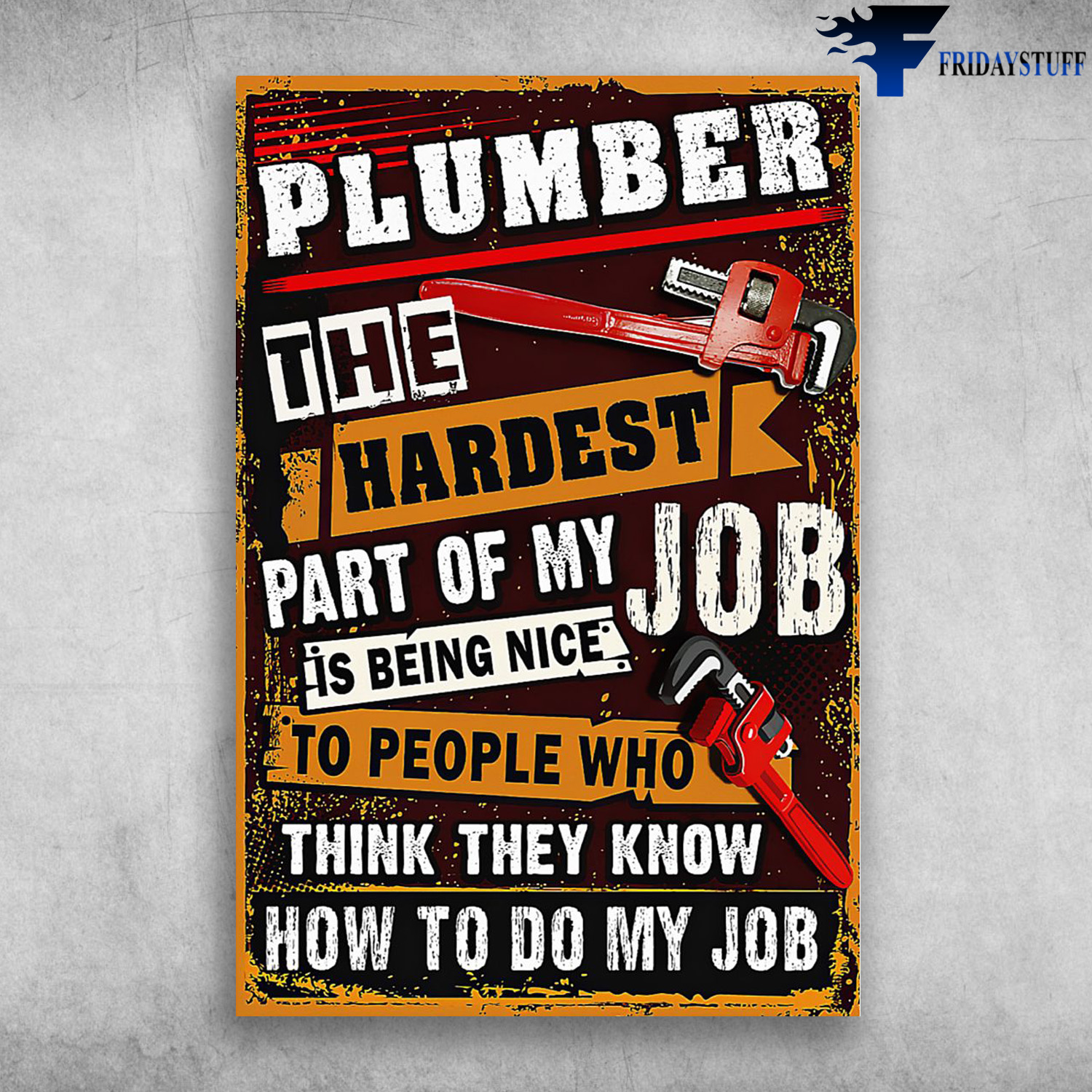
The Cost of Supplies and Equipment
Being a plumber is a challenging job, and one of the most difficult parts of the job is the cost of supplies and equipment. Plumbers must purchase specialized tools and supplies to perform their jobs, and these can be quite expensive. Not only must plumbers make an initial investment in tools, but they must also keep up with the latest trends and technologies, which means that they must constantly replace their equipment and supplies. Additionally, plumbers must also pay for fuel and other expenses related to their work. This can add up quickly, making it difficult for plumbers to stay profitable. Understanding the costs associated with being a plumber is essential for anyone considering a career in this field.
The Unpredictability of the Work
Being a plumber is not easy. One of the main challenges is the unpredictability of the work. Every day is a new challenge, with a variety of plumbing issues that need to be dealt with. Plumbers must be prepared to deal with all kinds of emergencies, from blocked drains to burst pipes. They must also have the necessary tools and knowledge to solve the problem quickly and efficiently. It can be stressful, as the job often requires quick thinking and creative problem-solving skills.
Plumbers must also be able to work in tight spaces and awkward positions in order to get the job done. Working in cramped and uncomfortable conditions can be a challenge, especially when the job requires working in confined spaces. Plumbers must be physically fit and have the stamina to carry out a full day’s work.
Being a plumber requires a wide range of skills, from problem-solving to manual dexterity. Plumbers must also be able to work independently and demonstrate a high level of customer service. The unpredictability of the work means that a plumber must always be prepared for anything. It is a challenging job, but for those who are willing to put in the hard work, it can be incredibly rewarding.
Dealing With Difficult Customers
Being a plumber is a difficult job and dealing with difficult customers is one of the most challenging aspects. Plumbers often have to deal with customers who lack the technical knowledge to understand the plumbing job, which can lead to frustration and misunderstandings. Additionally, plumbers often have to deal with customers who are not willing to pay for the service or are not satisfied with the finished job. As a result, plumbers have to be able to handle difficult customers with patience and professionalism.
The best way for plumbers to handle difficult customers is to listen to their concerns and try to explain the situation in a way that is easy to understand. It is also important to be honest and upfront about the cost and duration of the job. Furthermore, plumbers should be willing to compromise and provide solutions that are satisfactory to the customer. Finally, it is important for plumbers to be understanding and respectful when dealing with difficult customers. It is important to remember that the customer is always right, even if they are wrong.
FAQs About the What Is The Hardest Part Of Being A Plumber?
Q1. What qualifications do I need to become a plumber?
A1. To become a plumber, you will need to complete an apprenticeship or receive a diploma in plumbing from a trade school. You may also need to obtain a license from your local government.
Q2. What is the most difficult aspect of being a plumber?
A2. The most difficult aspect of being a plumber is troubleshooting plumbing problems. Plumbers often need to use a combination of experience, skill, and knowledge to identify and resolve plumbing issues.
Q3. What safety considerations should be taken while working as a plumber?
A3. It is important to take safety precautions while working as a plumber. Make sure to wear protective gear, such as goggles and gloves, and use the appropriate tools for the job. Additionally, always make sure to read the safety instructions from the manufacturer for any equipment you are using.
Conclusion
The hardest part of being a plumber is having to work in challenging and sometimes dangerous conditions. Plumbers have to crawl into tight spaces, work with potentially hazardous materials, and often have to lift heavy objects. They must also be knowledgeable in a variety of plumbing techniques and have a good understanding of local building codes. The work can also be physically and mentally demanding, requiring long hours and sometimes working in extreme weather conditions. Despite all of these challenges, plumbers provide an invaluable service to individuals and businesses, helping to keep our homes and buildings safe and running smoothly.


